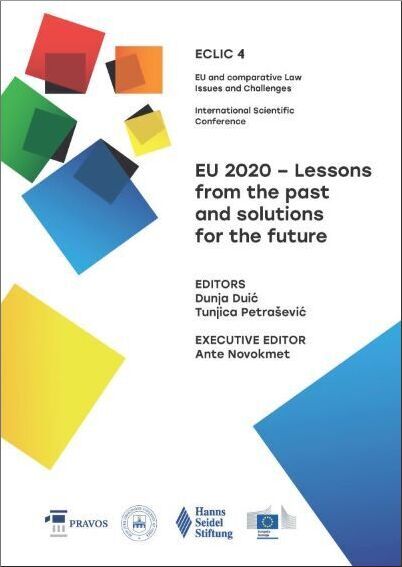CONSEQUENCES OF INCOMPLETE REASONING IN COURT ORDER FOR COVERT MEASURES
DOI:
https://doi.org/10.25234/eclic/11912Abstract
After several decisions of the European Court of Human Rights (ECtHR) against Croatia because of incomplete reasoning in a court order for covert measures (cases Dragojević, Bašić, Matanović and Grba), statutory regulations were not amended, but in the case-law an attempt was made to change the interpretation regarding exclusion of gathered evidence. The author researches this issue in order to determine the trends in the Supreme Court’s (SC) interpretation, and impact of the ECtHR case-law over the past 12 years (N=67). The results show that for a long time the SC has argued that a deficiency in reasoning is an irregularity, but not as serious to lead to exclusion of covert recordings and other evidence. One of the SC chambers issued a decision in 2017, which it called “the revision”, in which it expressed a different view that it was necessary to exclude all evidence gathered using incomplete court order, referring to some rules in few ECtHR decisions. The author therefore analyses the ECtHR’s rules on the judicial review, the exclusion of illegal evidence, and other available safeguards to reduce court arbitrariness. The results indicate that exclusion of evidence is not primary remedy for improving lawfulness of procedure. Problems with compliance with the Convention law could continue to arise due to a lack of other appropriate safeguards in Croatian legislature.
Downloads
Published
How to Cite
Issue
Section
License
Copyright (c) 2020 Željko Karas

This work is licensed under a Creative Commons Attribution-NonCommercial 4.0 International License.
Authors retain the copyright on the papers published in the Journal, but grant the right of first publication to the Journal. Papers accepted for publication or already published in ECLIC of the Faculty of Law in Osijek may be published by the author(s) in other publications only with proper notice of its previous publication in ECLIC.


